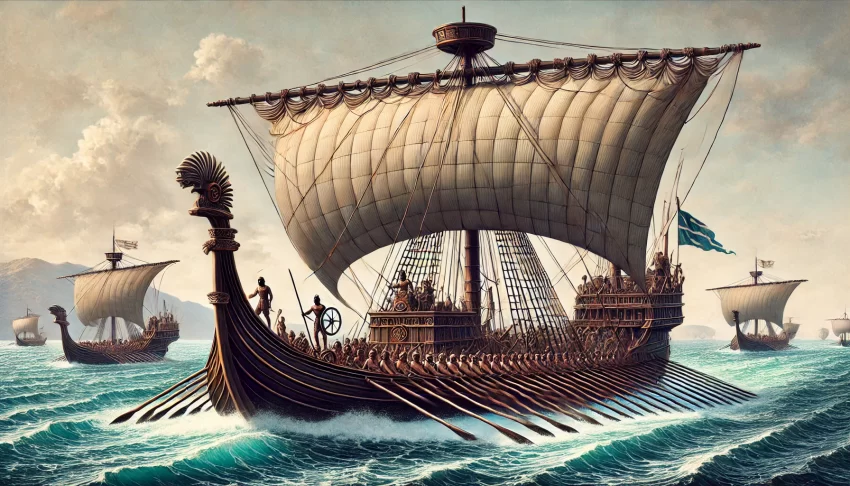The Mercenary War and its Impact
The Mercenary War, also known as the Truceless War, was a significant conflict that erupted in the aftermath of the First Punic War. This brutal civil war, fought between Carthage and its own mercenary forces from 241 to 238 BCE, had profound and far-reaching consequences for Carthage and the broader Mediterranean region.
The origins of the Mercenary War lay in the unresolved grievances of the mercenaries who had fought for Carthage during the First Punic War. These soldiers, drawn from various regions including Numidia, Iberia, and Gaul, were promised substantial payments for their service. However, Carthage, financially strained by the war and the heavy indemnity imposed by Rome, struggled to meet these obligations. When the mercenaries were finally discharged and returned to Africa, tensions quickly escalated as they demanded their overdue wages. The Carthaginian government’s attempts to negotiate and delay payments only fueled the mercenaries’ anger, leading to a full-scale revolt.
The conflict began in the city of Sicca Veneria and soon spread across Carthage’s territories in Africa. The mercenaries, now joined by disgruntled local tribes, posed a severe threat to Carthage’s control over its homeland. The war was marked by extreme brutality, with both sides committing atrocities and acts of retribution. The siege of Carthage itself, though unsuccessful, highlighted the gravity of the situation and the vulnerability of the city.
Carthage’s eventual victory in the Mercenary War came at a high cost. The conflict severely weakened the Carthaginian military and economy, depleted its treasury, and resulted in the loss of significant territory to local tribes who had supported the mercenaries. Moreover, the war exposed the inherent risks of relying heavily on foreign mercenaries for military power. This lesson would profoundly influence Carthaginian military reforms in the following years, leading to a greater emphasis on developing a more loyal and reliable army, including the integration of citizen soldiers and local allies.
The impact of the Mercenary War extended beyond Carthage. The conflict provided Rome with a strategic opportunity to assert its influence in the western Mediterranean. Taking advantage of Carthage’s weakened state, Rome seized the islands of Sardinia and Corsica, further consolidating its maritime dominance. This bold move not only expanded Rome’s territorial holdings but also underscored its willingness to exploit Carthage’s vulnerabilities.
The Mercenary War also had lasting effects on Carthage’s internal politics. The crisis and its resolution significantly altered the balance of power within the Carthaginian government. The war discredited the ruling oligarchy and paved the way for new leaders, such as Hamilcar Barca, who advocated for military and economic reforms. Hamilcar’s subsequent campaigns in Spain were partly motivated by the need to restore Carthage’s prestige and secure new resources to compensate for the losses suffered during the Mercenary War.
In conclusion, the Mercenary War was a pivotal episode in the First Interwar Period. It exposed the fragility of Carthage’s reliance on mercenaries, led to significant military and political changes, and provided Rome with opportunities to expand its influence. The lessons learned from this conflict shaped the strategies and policies of both Carthage and Rome, setting the stage for their continued rivalry and the eventual outbreak of the Second Punic War.
 |
 |
 |


